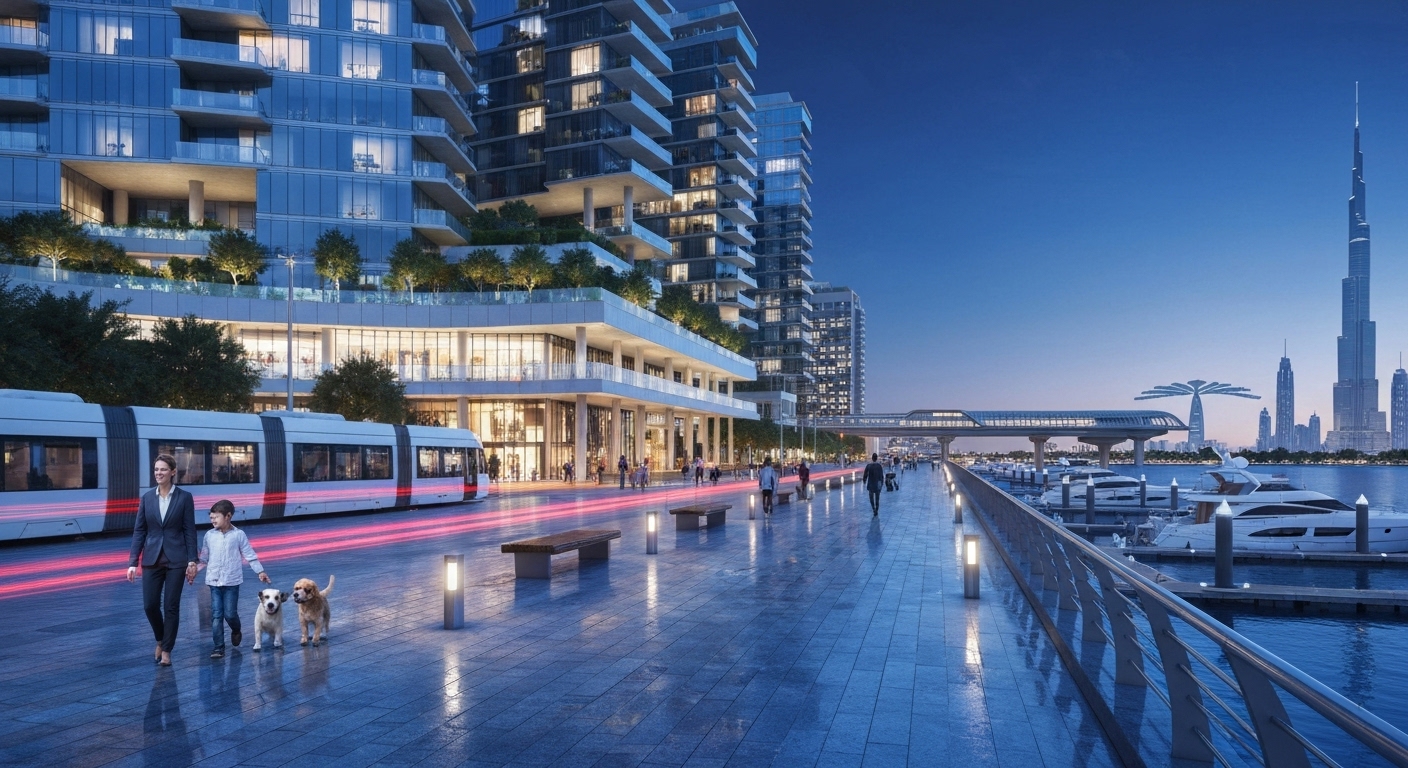If you are an expat moving to Dubai in 2025, you’re likely evaluating whether renting or buying property is smarter for your financial future, lifestyle, and long-term aspirations. This post compares both routes, offering a clear, investor-focused answer rooted in the latest market data—and why the choice depends on your goals.
Renting vs. Buying in Dubai: Initial Considerations for Expats
When you arrive in Dubai, your first major decision is whether to rent or buy a home. Renting offers low commitment and flexibility—key advantages for those uncertain about their long-term plans in the city. On the other hand, buying taps into Dubai’s high rental yields and strong capital appreciation, with the added benefit of building equity over time (Why Expats in Dubai Are Choosing Danube Properties for Fully Furnished.
According to DarGlobal’s Dubai property market report, property prices rose 15.8% year-on-year in the first quarter of 2025, with growth persisting through 2024 and into 2025. Notably, 69% of Q1 2025 transactions were for off-plan properties, a favored entry route for many international buyers (Why Expats in Dubai Are Choosing Danube Properties for Fully Furnished.
The Financial Landscape: Upfront Costs & Long-Term Investments in Dubai
Buying: Down Payments, Payment Plans, and ROI
Historically, buying required a hefty down payment—often 20–25% of the property value—plus associated fees for registration and transfer. However, in 2025, innovative payment plans such as 1% monthly installments have reduced these barriers, enabling expats to transition more easily from renting to ownership.
According to Global Property Guide’s 2025 analysis, Dubai delivers some of the world’s highest gross rental yields—averaging 7.2% for apartments, with select neighborhoods such as Dubai Marina (5–7%), Dubai Silicon Oasis (7–8%), and Business Bay (6–7%) offering robust returns. Properties in these areas can see annual capital appreciation of 5–8%, positioning ownership as a compelling wealth-building strategy.
Renting: Lower Upfront Costs, Higher Recurring Expenses
Renting primarily involves paying one year’s rent upfront or via postdated cheques. While you avoid property maintenance, registration, and service charges, you miss out on equity or potential capital appreciation. Renting is best suited for those uncertain about their time frame in Dubai, or who prioritize maximum flexibility.
Flexibility vs. Stability: Lifestyle Choices for Expats in Dubai
Renting is ideal for expats who value the option to relocate, change neighborhoods, or try new communities around popular metro lines and business hubs. It’s also a secure step for those new to Dubai who wish to “test-drive” life in the city before committing long-term (verify Danube KB).
Owning property, particularly through developers offering fully furnished, move-in-ready homes, means immediate comfort and stability. For many expats in 2025, this bridges the gap between affordable quality and long-term security—no need for furniture shopping or delayed occupancy.
Navigating the Dubai Property Market: Legalities for Foreign Buyers
As reported by Khaleej Times, expats can freely buy freehold property in designated areas across Dubai, including Dubai Marina, Business Bay, and Jumeirah Village Circle (verify Danube KB) [source]. All buyers must budget for registration fees and comply with legal requirements, but the process has evolved significantly, making Dubai one of the most open cities for foreign real estate investment.
Danube Properties Advantage: Why Buying with Us Makes Sense for Expats
Developers like Danube Properties cater specifically to expat needs with affordable luxury, flexible payment plans, and a strong delivery track record. Expats benefit from high-yield, fully furnished homes designed for immediate occupancy and maximum rental returns—key advantages not all competitors offer (Why Expats in Dubai Are Choosing Danube Properties for Fully Furnished, Affordable Luxury Homes.docx, 1bb13698-0ed9-4149-ab25-f452e8a4172f) [source].
The 5% Rule and Beyond: Applying Financial Metrics to Dubai Real Estate
Smart investors often use the “5% rule” to compare renting and buying. In Dubai’s context, if your property’s net rental yield outpaces 5% and annual appreciation is strong, buying generally yields superior long-term value versus renting. In 2025, with yields in prime areas at or above this threshold, the math often favors ownership for expats planning to stay multiple years.
Making the Right Choice: A Personalized Decision Guide for Dubai Expats
Ultimately, whether renting or buying is smarter for expats moving to Dubai in 2025 depends on how long you’ll stay, your appetite for investment, and your need for flexibility versus stability. For short-term plans or maximum mobility, renting makes sense. But if you aim to build wealth, capitalize on high yields, and enjoy greater security, buying property can be the smarter move. For tailored advice, contact Danube Properties to discuss options that align with your goals.




